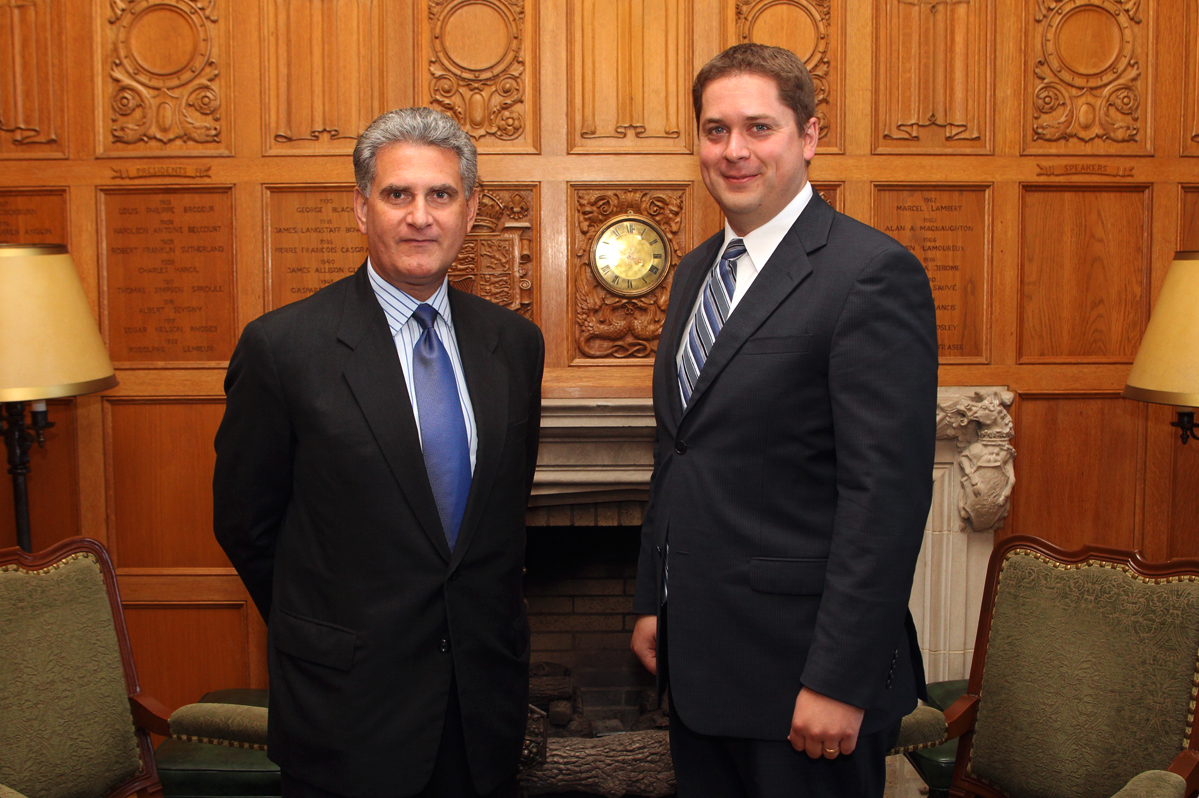Andrew Scheer isn’t the leader the Conservative party needs


As demoralized as I was by the defeat of Stephen Harper, leader of the Conservative Party and the man who led Canada through one of the worst financial crises in modern history, I invited the opportunity for the Conservative Party to choose a new leader.
My political beliefs are guided by a central philosophy: the government is ineffective, inefficient and, all too often, infringes upon personal freedoms that enable economic progress.
This philosophy would most likely place me in the Libertarian camp. However, since the Canadian Libertarian Party lacks the numbers to influence an election, I swing Conservative.
I feel most people are Libertarians. In general, people tend to detest patronization – an act which the federal government is more than culpable of.
Harper did not fit the bill of a Libertarian. Although his government reduced the General Sales Tax and championed new free trade agreements, the Harper government introduced higher mandatory minimum prison sentences and was mired in scandals involving corrupt political appointees.
Harper met the standards that Conservative voters expect of a Prime Minister, but he did little to dismantle the suffocating apparatus of the federal government.
This brings me to Maxime Bernier. Bernier was one of 14 candidates that vied for the Conservative Party Leadership in May 2017. Prior to his leadership run, Bernier served as Minister of Foreign Affairs in the Harper government and gained national attention for potentially compromising national security by leaving classified documents at the home of his girlfriend, who had links to the Hells Angels Biker Gang in Montreal.
Despite scandal in the past, the platform he ran on was built on free-market principles and the sanctity of individual liberties – a foundation that would make a Libertarian’s mouth water.
Bernier is the Canadian Reagan: He believes that government is the problem, not the solution.
His passion for free-market principles is genuine, indicated by his break with the Conservative Party on the issue of supply management. Essentially, supply management is a government policy to artificially inflate dairy prices at the benefit of dairy farmers while consumers bear the additional cost. His opposition of this policy is all the more courageous given Quebec, his home province, is home to some of Canada’s largest dairy farms.
Unfortunately, even though Bernier stood for the ideals that any true right-leaning party should stand for, he failed to secure the nomination.
Andrew Scheer, former Speaker of the House of Commons and a Saskatchewan MP, won the leadership by a slender margin.
Scheer’s victory is a rejection of courageous conservatism in favour of familiarity.
The media has dubbed Scheer as “Harper 2.0”. In addition to this, he maintains socially conservative stances towards abortion and same-sex marriage – a stance that typically does not resonate with Canada’s socially progressive electorate.
The Conservative Party has made the powerful mistake of embracing the past in order to achieve victory in the future.
Currently, Trudeau’s Liberals maintain the edge if an election were to be held today. Andrew Scheer and his appeal to the policies of Stephen Harper are unlikely to overcome the Liberal edge.
In our uncertain, ever-changing world, brave and audacious policies – like the ones championed by Maxime Bernier – are needed to win elections. Hopefully Scheer becomes cognizant of this fact by 2019.


